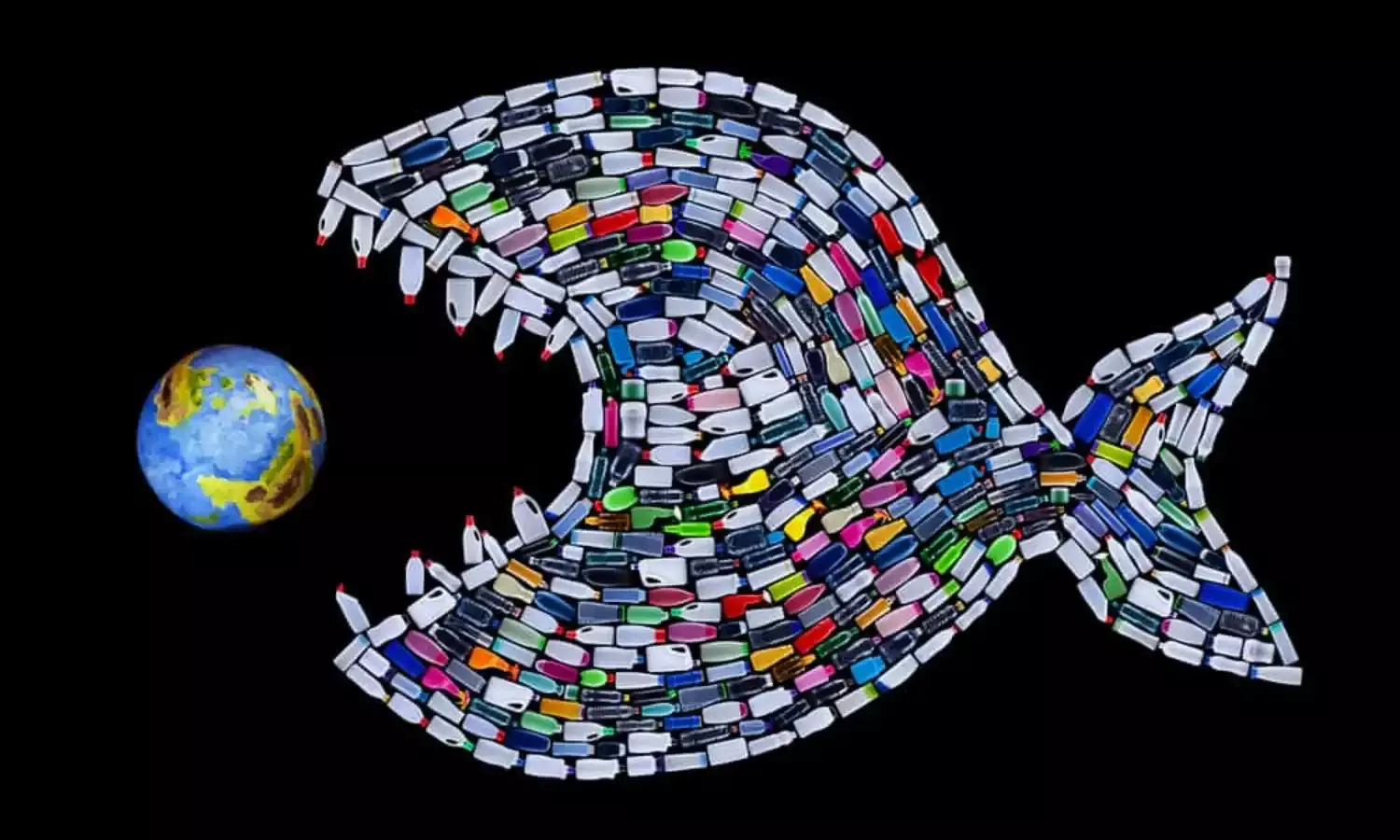India’s Eco Warriors on Plastic Free Living
The move toward plastic free living; what can we do?

“Don’t expect the government to run your household to decrease individual plastic waste”, says Richa Malik, making the case for taking the move toward plastic free living into our hands.
As awareness about the harmful effects of plastic start taking root, Malik is one of several people working toward making plastic free living sustainable and affordable. She gave up a corporate career to start ‘The Happy Turtle’ - aimed at being a one-stop-shop for plastic pollution solutions and reusable sustainable alternatives to common plastic products.
Speaking with The Citizen, she recounts an incident when she was diving in Bali and found a plastic face wash tube. She took it out of the water and saw that it was an eight year old item - and had survived all those years in the ocean virtually unharmed.
Malik says that it is actually difficult to give up plastic usage quickly due to the way plastics have shaped our lives. That said, the destructiveness of plastic - evinced by how it pollutes our natural habitat - compels us to act against it.
“There is undoubtedly a rising trend towards no plastic usage. However, a lot of people are in the land of ‘someone else will come and fix it’ or ‘the government should do something and everything’ and that is disheartening to see,” Malik tells The Citizen. She says that even though the Indian government might not be doing its bit, it’s up to us at the individual level - because individual efforts lead to global success.
And India is host to several such examples of individual effort. One being the ‘the Forest Man of India’, Padma Shree awardee Jadav Payeng of Assam who has planted and tended to trees encompassing an area of about 1,360 acres on a sandbar of the river Brahmaputra -- turning the area into a forest reserve, now home to many wildlife species. He told The Citizen that working towards the benefit of nature at an individual level can help a region enormously, and can regain what is lost. Payeng emphasizes that only the environment can generate oxygen -- the main source of life and no religion or form of politics can ever do that. Like other environmental crusaders, Payeng believes it is our individual responsibility to adapt to and implement environmentally friendly living. And while that can be inconvenient, it is essential.
Bano Haralu, a retired television journalist turned conservationist, who is popularly known as the ‘falcon of the world’ because of her efforts and success at saving the Amur falcons in Nagaland, told The Citizen that, “looking at the current rate at which the environment is degrading due to the uncurbed usage of plastic, it is no time to think about convenience anymore”. Haralu tells The Citizen that there is definitely an increase in awareness regarding the harmful effects of plastic across the country, mostly among the youth who are using social media as a means to spread consciousness.
Bano highlights two facets of the movement, one is increasing awareness and the other is a constant push against consumerism and its bleak footprints. She says the government initiates should begin to complement individual efforts. Without proper initiatives by local, state, and the central government - the move toward an environmentally secure future remains a distant dream. Bano says that if infrastructure doesn’t direct people toward environmentally conscious living, how are they supposed to achieve it - as awareness isn’t enough to solve the problems at hand.
Giving a specific example of how individual and governmental initiatives must overlap - Bano says that unsupervised initiatives mean that people aren’t well-equipped with environmental knowledge - for instance, if a particular plant is suitable to a particular kind of soil and prevailing weather conditions. People must be taught about what kind of plants are suitable to a particular region - be it endemic plants, local plant species, or whatever suits the environment. Bano emphasizes on planting local spurs that are endemic to one’s region.
Awareness, however, is the most crucial building block toward a move to an environmentally secure future. Bhavjyot Singh, founder of steelstraws.in throws light on the need for deeper awareness. Just having surface knowledge like not to use plastic isn’t the ultimate goal, he says. Singh tells The Citizen that many big chains use paper cups, paper straws, and paper bags as an alternative to plastic but this again leads to cutting off of a significant number of trees. Awareness has to be more that just knowing plastic is bad.
Yogesh Shinde, an agricultural entrepreneur who founded Bamboo India says that there is increasing realization amongst people to stop using plastic and a lot of potential to work towards conservation. Shinde underlines the rising sales of his company’s eco-friendly bamboo products as an initial indication of the move towards sustainable development. Shinde believes that the need of the hour is for the policy-makers to realise the urgency of the situation, and step in by providing providing people with not just information, but the infrastructure needed to ensure a plastic free, environmentally sustainable life.



